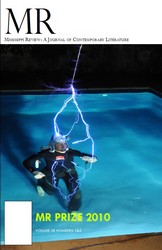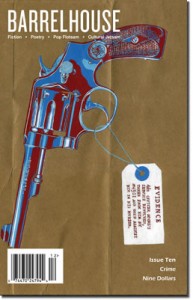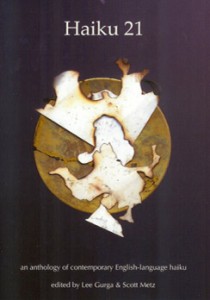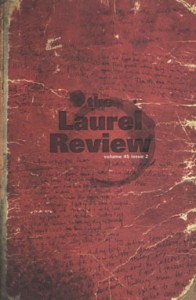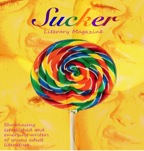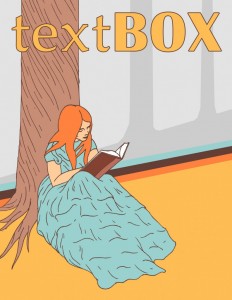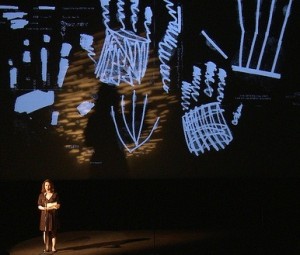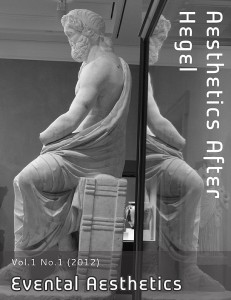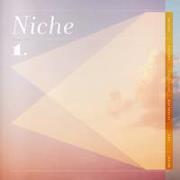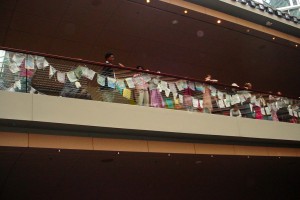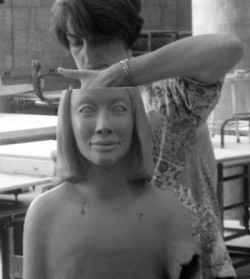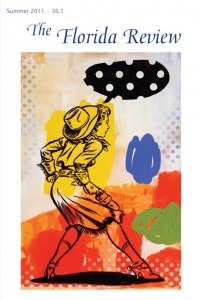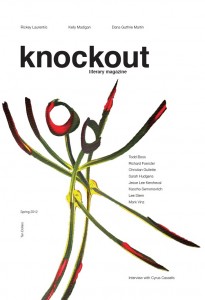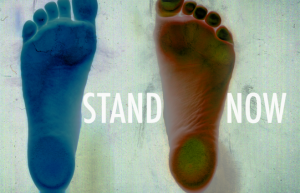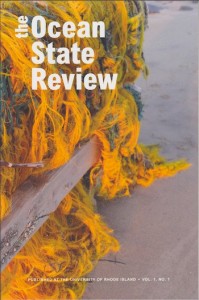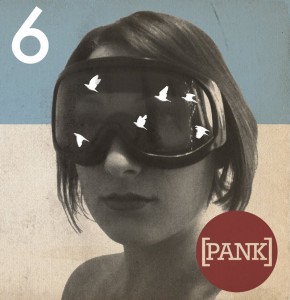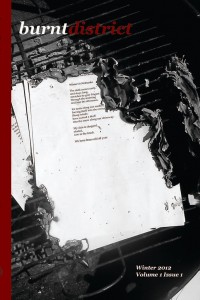 burntdistrict is a semi-annual (Winter/Summer) journal of contemporary poetry published in print and e-book (Kindle) by editors Liz Kay and Jen Lambert.
burntdistrict is a semi-annual (Winter/Summer) journal of contemporary poetry published in print and e-book (Kindle) by editors Liz Kay and Jen Lambert.
When asked what motivated the start of this new venture, Kay responded, “When I think of the best venue for new and exciting poetry, I think of literary magazines. I can easily get absorbed in my favorite collections, but when I want diversity, when I want to see what new work is being created, I look to lit mags. When we decided to start a magazine, like many other editors, we were looking to create something that was magnetic from cover to cover. Naturally, aesthetic is involved, and not all magazines appeal to all audiences, but that is what is so fantastic about them. There is something out there for everyone.”
Kay believes burntdistrict fulfills this expectation: “I have read and reread Issue 1, and I am amazed at how every poem in there speaks to me, how when I finish, I am breathless and swooning, and how some of that is caused by the fact that the poets represented in its pages range from successful, widely published poets to students, desperately carving out their craft, from those who work full-time in academia to those who make their livings far outside of it, all of whom come back to the page time and again because something beautiful, something important, happens there.”
Readers of burntdistrict are promised “Beauty and diversity.” Kay expands on this: “Every poem we choose takes our breath away in some way or another. burntdistrict poets craft heartbreakingly lovely lines and are so intentional in what they want to pull out of their readers. They are smart with punctuation, enjambment, endings, imagery. They are generous with their talents, and in turn we try to be generous with space. We are happy to take long poems and work in series. We are drawn to poems that speak to one another. Often this represents the work of a single poet over a succession of pages, but at other times, it’s the juxtaposition of different voices that sparks the conversation.”
Contributors in the first issue include Lindsey Baker, Becca Barniskis, Francesca Bell, Candace Black, Sheila Black, Lori Brack, Allison Campbell, Nancy Devine, Gary Dop, Kelly Fordon, Meg Gannon, Teri Grimm, Amy Hassinger, Paul Hostovsky, Michael Hurley, Natasha Kessler, James Henry Knippen, Steve Langan, Christopher Leibow, Alex Lemon, Matt Mason, Vikas Menon, Joanna Pearson, Jim Peterson, Adrian Potter, Nate Pritts, Rick Robbins, Jane Rosenberg LaForge, Marge Saiser, Erika Sanchez, Joseph Somoza, John Stanizzi, Alex Stolis, Ira Sukrungruang, Benjamin Sutton, Carine Topal, Natalia Trevino, William Trowbridge, Benjamin Walker, and Natalie Young
The future of burntdistrict looks good given the positive energy of its editors, who hope to “keep producing fantastic issues, full of quality writing and a diverse population of writers.”
“We are not in this to create a venue to promote our friends,” Kay emphasizes, “or to develop a magazine based on swollen bios. Instead, the thing we love most about this endeavor is getting excited by a poem. I hope we continue to maintain our goals of publishing the best poems we can find, and making sure that page after page retains that goal. In terms of future plans, we would love to offer special edition issues (we already have some in mind) and maybe pulling in some guest editors. We are so passionate about this magazine; we can’t wait to watch it grow up.”
burntdistrict is always open to submissions of original, unpublished poems via Submittable.
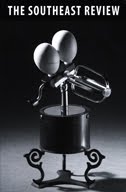 You can read the winners and finalists from The Southeast Review 2011 contests, listed below, in the newest issue (winter/spring, Volume 30.1):
You can read the winners and finalists from The Southeast Review 2011 contests, listed below, in the newest issue (winter/spring, Volume 30.1):

